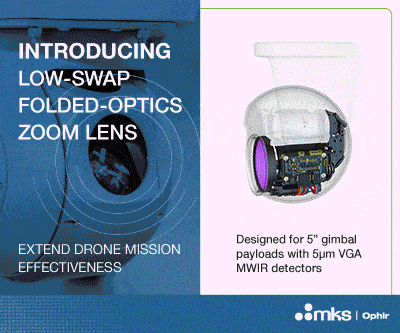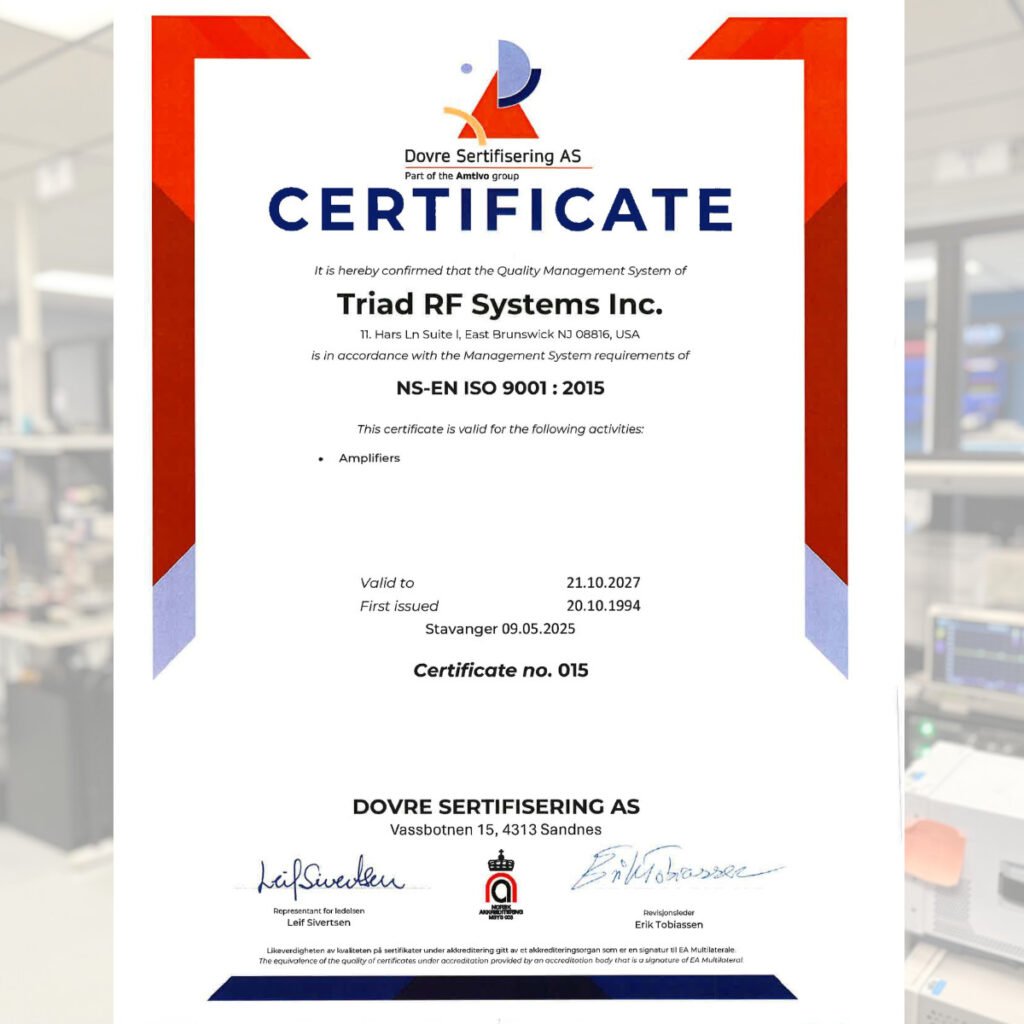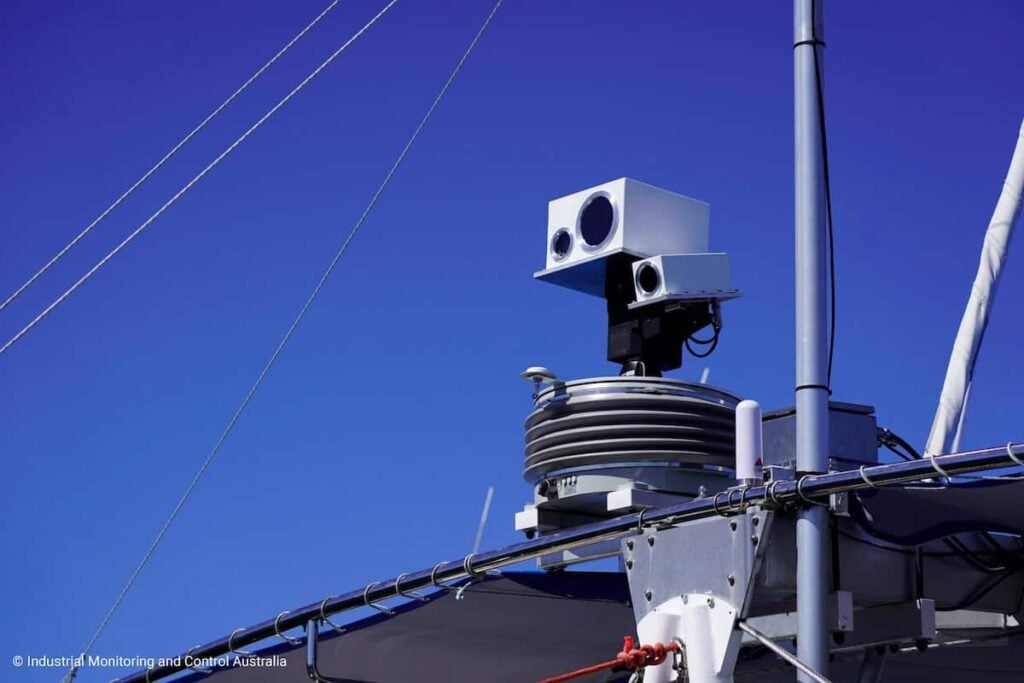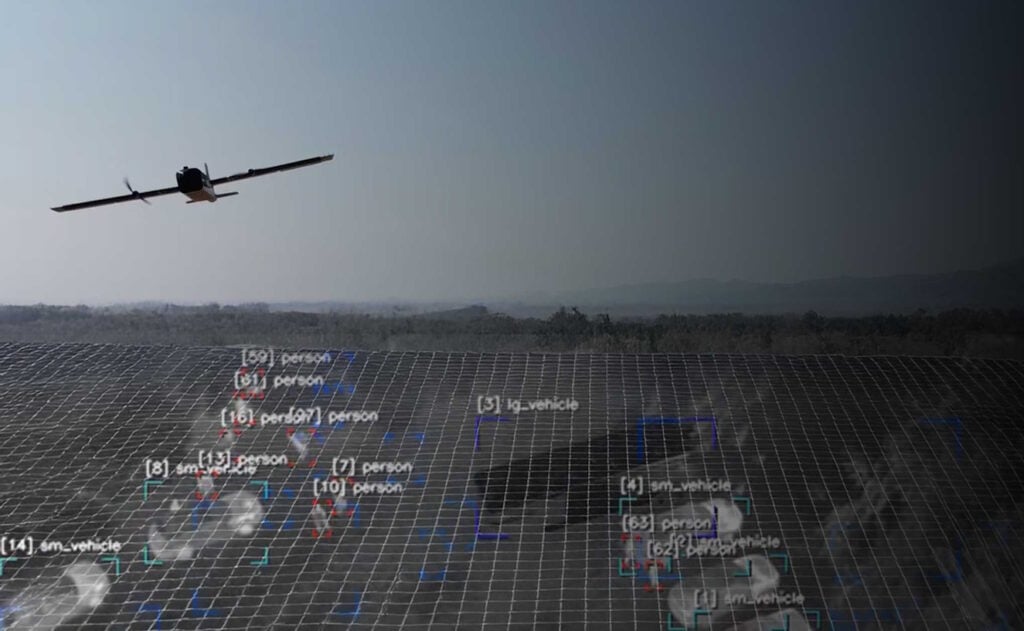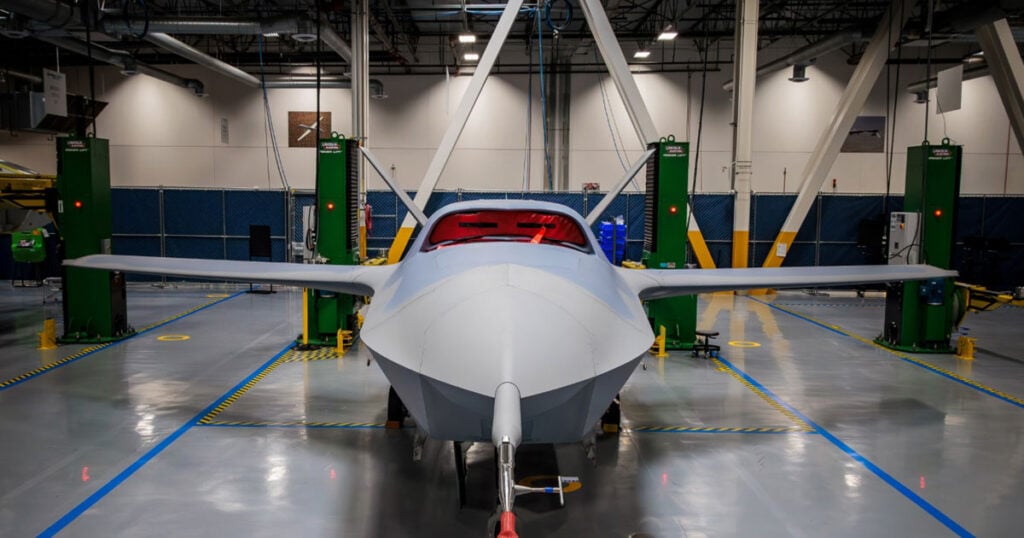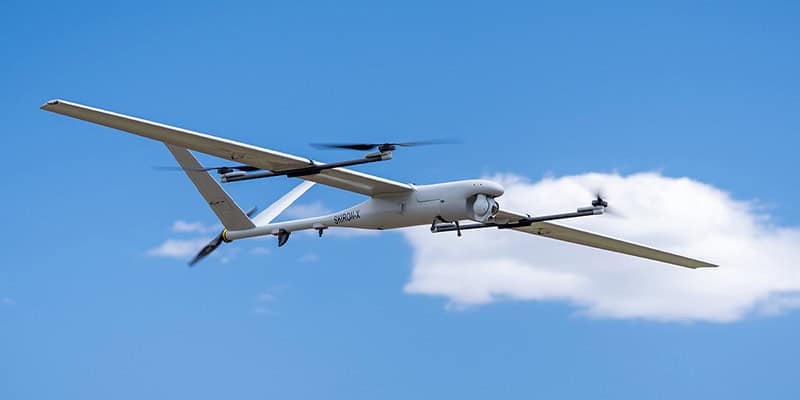
Power Supplies
Discover cutting-edge solutions from 5 leading global suppliers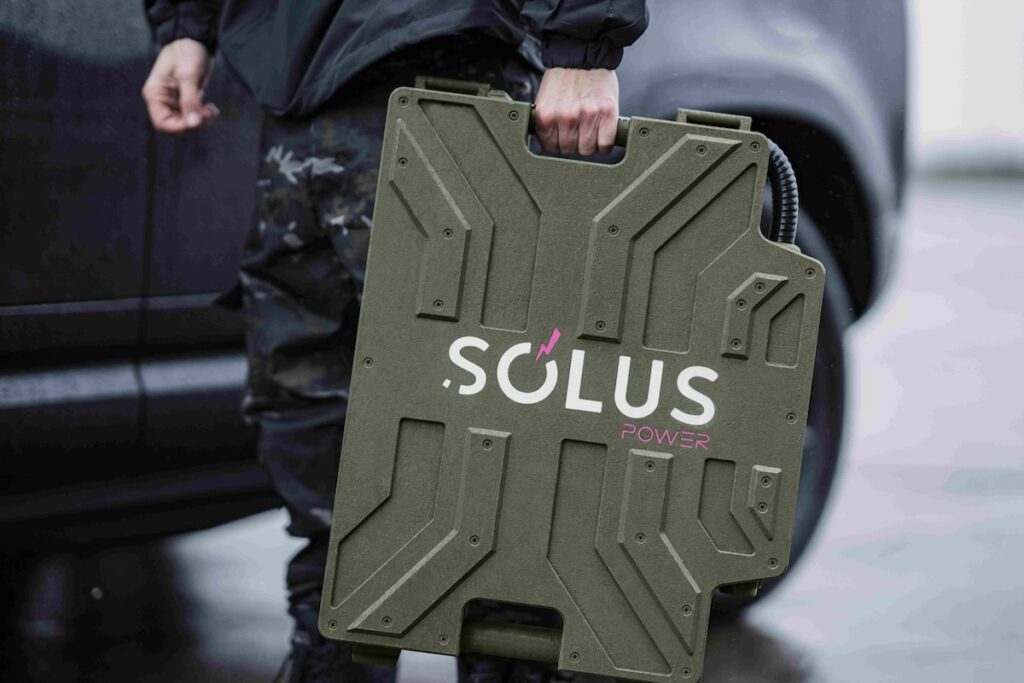
Solus Power, a UK-based technology innovator, has developed the Kratos battery system, an energy storage and distribution platform that could transform military operations.
As militaries worldwide prioritize sustainability, the need for reliable, off-grid power solutions has become paramount. Kratos battery technology provides portable, reliable energy storage and distribution without reliance on traditional diesel generators, offering a cleaner, more efficient alternative that enhances operational capabilities in the field.
Designed to be the portable, ruggedized power source for the modern battlefield, these “Jerry Cans of Electricity” are encased in steel ribs and rated IP67, enabling the modular units to withstand the harshest environments whilst delivering reliable, high-capacity energy storage and rapid charging capabilities. Each unit weighs approximately 50 lbs (23 kg) and measures 55 x 45 x 11 cm, making them portable and easy to handle.
Key Features:
- Sized and weighted like a standard 20L jerry can for seamless integration into military operations.
- Reduces dependency on fuel logistics, enhances operational resilience, and lowers costs through extended, off-grid operations.
- Supports mission-critical functions, from individual soldier equipment to base camp operations and communications hubs.
- Each pack is a DC-to-DC energy storage unit that can be manually carried and deployed rapidly.
- Kratos packs can be connected in parallel to meet increased energy demands.
Solus Power’s Kratos technology addresses the core challenge of battlefield electrification, providing a versatile, off-grid energy solution that reduces the reliance on traditional, emissions-heavy diesel generators. This innovative approach aligns with the US Army’s Climate Strategy, which aims to significantly reduce greenhouse gas emissions by 2030 and achieve net-zero by 2050.
Tactical Advantages
The primary advantage of the Kratos system is its ability to provide off-grid energy without the need for fixed infrastructure. This is crucial for military operations in remote areas where traditional energy sources are unavailable. The modular nature of the Kratos batteries allows for scalable energy deployment, enabling military units to tailor their energy resources to specific mission requirements. This flexibility reduces the dependency on fuel supply chains, which are often vulnerable to disruption.
The Kratos system is not just limited to vehicle electrification. It can also power various equipment, drones, and base operations, providing a versatile energy solution that replaces the need for multiple diesel generators. This capability significantly enhances the operational efficiency and sustainability of military units.
Strategic Deployment
Kratos enhances operational capability, reliability, and logistical efficiency, making it an invaluable asset for various military units:
- Infantry Units and Special Forces (SAS and SRR): Ensuring reliable power for extended field operations, powering personal equipment such as communication devices, GPS units, night vision goggles, surveillance equipment, and encrypted communication devices.
- Royal Corps of Signals: Providing uninterrupted power for critical communications hubs, relay stations, IT equipment, jamming devices, signal interceptors, and other field electronics.
- Royal Logistic Corps: Stocking Kratos units as part of the standard supply chain, providing immediate power solutions for deployed units.
- Medical and Training Units: Supporting field hospitals, medical units, and Training and Simulation Centres with reliable power.
The Future of Military Energy Storage
Solus Power’s journey with Kratos began as an innovative EV charging solution, which evolved into a collaborative effort with defense and security company QinetiQ. Through rigorous testing and validation, the Kratos system has been refined to meet the stringent requirements of military operations.
With plans to bring Kratos to market by 2024, Solus Power is poised to reshape the future of military energy storage and distribution. This technology promises to empower militaries worldwide to achieve their sustainability goals while enhancing operational efficiency and resilience on the modern battlefield.







